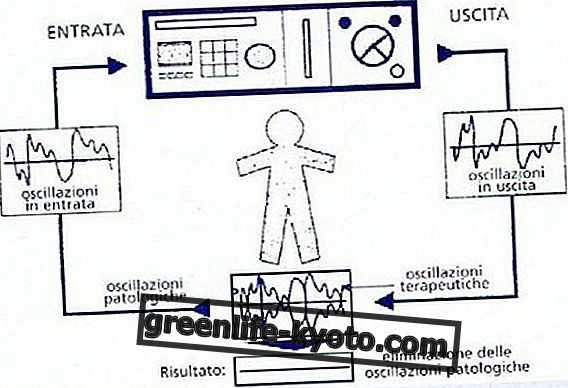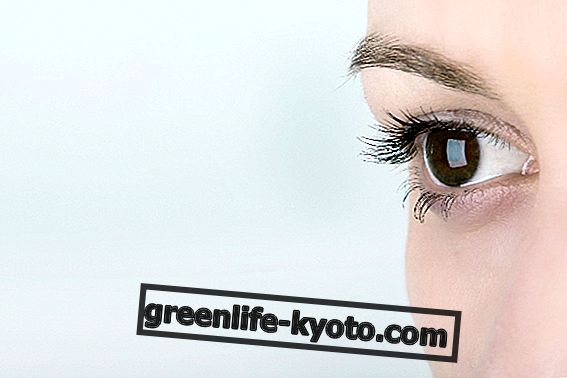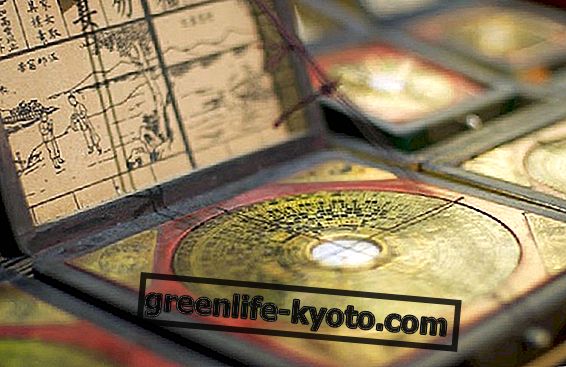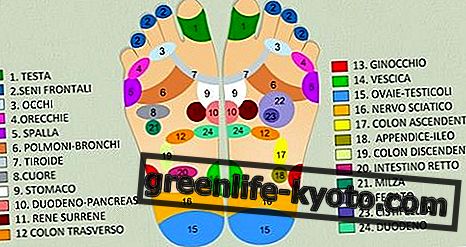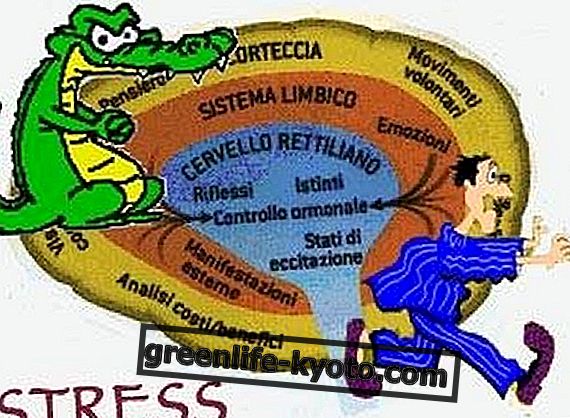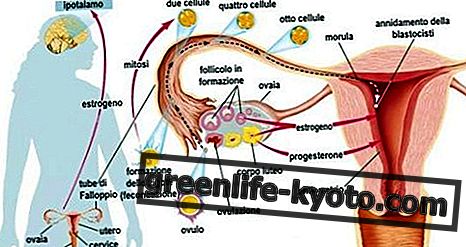
Melatonin, a hormone secreted by the epiphysis, is a regulator of the sleep-wake cycle useful for those suffering from initial insomnia. Let's find out better.
>
>
>
>
>
What is melatonin
M elatonin is mainly produced by the epiphysis and is a regulator of the sleep-wake cycle .
It is commonly called a hormone, although in reality some of its characteristics do not characterize it among the hormones proper:
- It is secreted by the epiphysis, but also by other districts such as the pituitary gland, the thyroid, the adrenal glands, the gonads, the retina, the intestinal mucosa.
- If the epiphysis is removed, the circulating melatonin does not disappear, as instead happens when other hormone-secreting endocrine glands are removed.
- There are no release factors for melatonin.
Physiologically melatonin is closely related to the epiphysis, a small endocrine gland also called the pineal gland because it resembles a small pine cone. Melatonin is produced by pinealocytes, cells of the epiphysis, thanks to the lack of stimulation of retinal photoreceptors by light.
Regulates the sleep-wake cycle following a dark-light circadian rhythm. It also regulates the receptor sensitivity of many molecules such as serotonin, dopamine, and opioids.
In the first three months of life the level of melatonin is very low and there are no particular excursions between day and night, which is why the sleep of babies is so fragmented.
Melatonin production progressively increases over the course of growth, in conjunction with the maturation of the pineal gland to reach its completion around three years, with a normalization of sleep. In adulthood a slow but progressive process of calcification of the epiphysis is triggered, with a consequent decrease in secreted melatonin and a decrease in the hours of sleep.
Melatonin among the natural supplements for insomnia: discover the others
Melatonin as a supplement in sleep disorders
Unfortunately, sleep disorders can arise beyond the correct production of melatonin, and decompose the internal biological clock, triggering a vicious circle that de-synchronizes the sleep-wake cycle.
The use of synthetic melatonin can be a valid aid to balance the circadian rhythm of sleep. In particular, those who suffer from Phase Delay Syndrome (DSP) or initial insomnia, the so-called "owls" who tend to stay up late, find effective results. In these cases the administration shortens the time of falling asleep.
Melatonin supplementation in jet-lag cases has given excellent results. In fact, those who often travel intercontinental travels have found benefits in the reorganization of the sleep cycle, since melatonin manages to synchronize the internal biological clock with the external one, offset by time zones. It is an excellent regulator even for those who work on shifts and must continually vary the hours set aside for rest.
The excellent results found with the intake of melatonin are not only due to its regulatory capacity, but also to its action in a hypnotic sense, especially at dosages above 1 mg. However, there are no studies certifying effects equal to those of hypnotic drugs such as benzodiazepines, in fact melatonin does not cause a rapid increase in drowsiness, but a general slowing down of the various functions of the organism that well predisposes to falling asleep.
A further difference is also represented by the total absence of modifying effects on the sleep architecture: in fact melatonin does not affect the correct alternation and timing of the N-REM and REM phases, as instead happens with hypnotic drugs.
Forms, Posology, dosage
In the last few years melatonin supplements can be found on the market in any form: tablets, capsules, retard tablets, pulse tablets, conjugate tablets, slow release tablets, sachets, drops, syrups, with dosages ranging from 0.5 mg to 5 mg, often in association with other synergists such as phytotherapeutic extracts, mineral salts, trace elements, vitamins.
The claims (the indications) contemplate various sleep disorders or related to it, such as jet-lag, restlessness, difficulty falling asleep, awakening at night. Generally 1 or 2 mg of melatonin are sufficient to determine a rapid increase in this hormone in the blood and to predispose the body to relaxation and sleep.
Recent studies show that lower dosages can compensate for the organic deficits of melatonin and the formats on the market are being reviewed, in compliance with European Regulations.
Melatonin: supplement or drug?
It is in recent times that the Ministry of Health has published a circular (n. 27074 of 06.24.2013). Reassessment of the admitted amounts of melatonin in food supplements in which it is recalled that with the European Regulation 432/2012 a list of claims, ie authorized indications for supplements based on vitamins, minerals, etc.
The quantitative contributions indicated by the claims have a physiological and non-therapeutic value, ie they are indications given to contribute to the proper functioning of the functional processes of the organism.
For melatonin only two claims have been authorized: 1) "it helps to alleviate the effects of jet lag" with 0.5 mg and 2) "contributes to the reduction of time required to sleep" with 1mg. This means that for doses above 1 mg, melatonin will no longer be classified as a supplement but as a drug and this will take place from January 2014, unless extended
Contraindications of melatonin
There are no studies that have recorded any side effects for melatonin dosages taken over a long time and there are no detections of contraindications for hiring in short periods. In the treatment of insomnia with high dosages of melatonin (5 mg) no negative effects on psychomotor and cognitive abilities on awakening were found .
This is why melatonin is recommended for disturbed and disturbed sleep patterns in adolescents and the elderly. It requires medical supervision in case of interaction with other mood regulating drugs and in case of heart and kidney diseases.
READ ALSO
How natural antidepressants affect melatonin production
Other articles on melatonin:
> Melatonin: useful for premenstrual syndrome?

